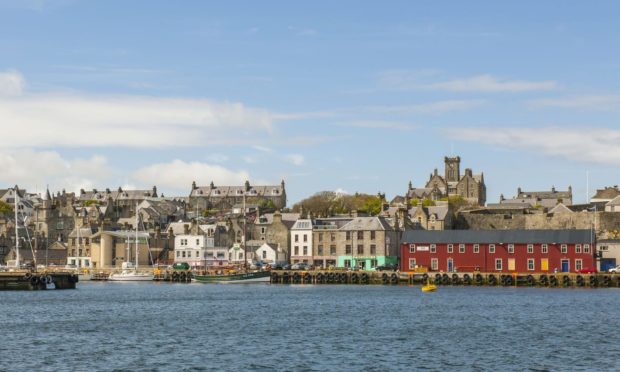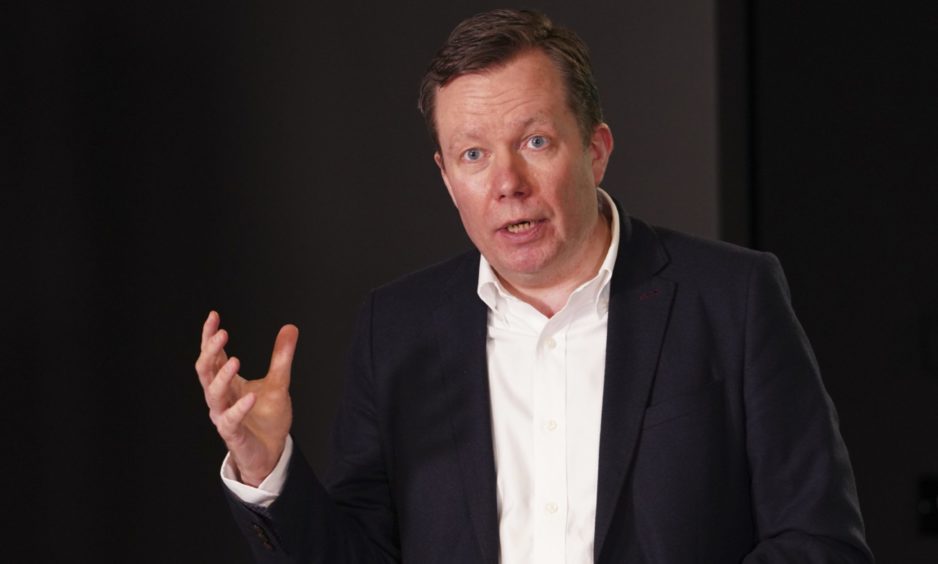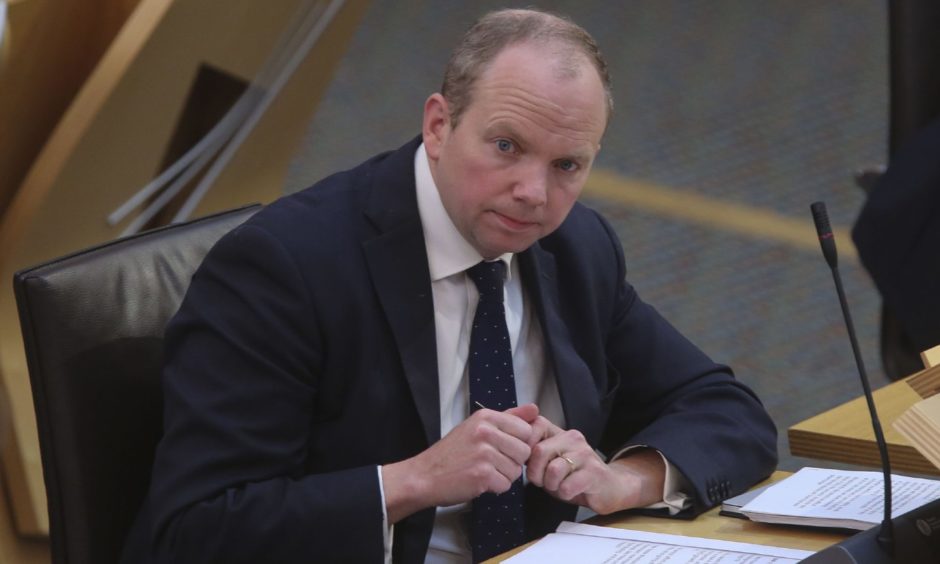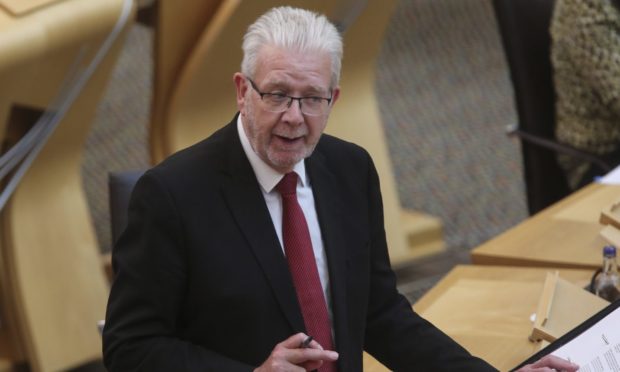Covid minister Michael Russell has suggested there could be a level of “flexibility” in restriction easing in more rural areas, as the country prepares to leave its second lockdown.
Speaking at his final meeting of the parliament’s Covid-19 committee on Thursday, Mr Russell said the country would be hopefully moving on “together” but suggested the situation could be different in less populated places including the islands.
The cabinet secretary for Europe, Brexit and the Constitution would not confirm if the Scottish Government had failed to engage with island councils, following claims from the leader of Shetland local authority administration, Steven Coutts, who said they had not been consulted about lockdown since before Christmas.
Professor Jason Leitch, Scotland’s clinical director, also addressed questions from MSPs, where he said most vulnerable patients would likely receive a booster vaccine in winter this year.
First Minister Nicola Sturgeon earlier this week outlined how Scotland would ease out of lockdown restrictions, which were imposed on the country before Christmas.
By April 26 hairdressers and retail shops could reopen, while people might be able to travel to visit friends and relatives outdoors.
Lockdown easing
Case numbers in rural and island areas, including Western Isles, Orkney, Shetland, are among the lowest in the country, prompting questions from local councillors and business owners to ask why a “one-size-fits-all” easing is being carried out.
Mr Russell said he hoped the “level” system would come back as restrictions ease, which would allow for “flexibility”.
When asked by Highlands and Islands Scottish Conservative MSP Donald Cameron if the “national” lifting of lockdown left “no scope” for local variations, Mr Russell responded: “No, it doesn’t mean that, but it does mean it is a step at a time.
“Local considerations and local outbreaks would be taken very seriously. It is possible some would move backwards, if there was a deterioration in the situation in one part of Scotland, for example.
“That flexibility has remained. We do require to think about the experience we had last year to improve upon the system we had, which we think went well but could always do better.
“There are some issues arising, with islands, for example… where most are level three but most of the mainland and larger islands are level four. How we manage that situation will need very careful thought.
“(I and others) will be engaged in that today and in coming days.
“The level system will come back, we will be able to move as a nation but there will be flexibility within it.”
Community engagement
Shetland MSP Beatrice Wishart raised concerns the Scottish Government had not engaged with islands representatives since before Christmas, and Mr Russell said it was important “all voices should be heard”.
He said: “The intention the first minister announced should be warmly welcomed.
“The island communities should have the opportunity to participate and make clear their views on what they wish to do.
“I am an islands representative… we know there have been a lot of inquiries in this.
“It is important councils, community councils and groups are involved, that it takes place speedily so there is a quick resolution and people understand what is going to take place. Broadly, the principals at the plight of this should be clear.
“There should be a wide-ranging consultation where people are able to say what they want.
“Secondly, the principal of equity should apply, people should be treated fairly and there should be no disadvantage for island communities.
“It is very important in terms of travel backwards and forwards and people also wish to reopen tourism and hospitality, which would be unfair if they were unable to do so as well.
“There is also a risk of (Covid-19) spreading into island communities.
“All of these things need to be discussed and debated. There is no intention not to be clear. There is an intention to get as much view and information as possible and to put that alongside the science and data and put that in a way which benefits island communities.”



